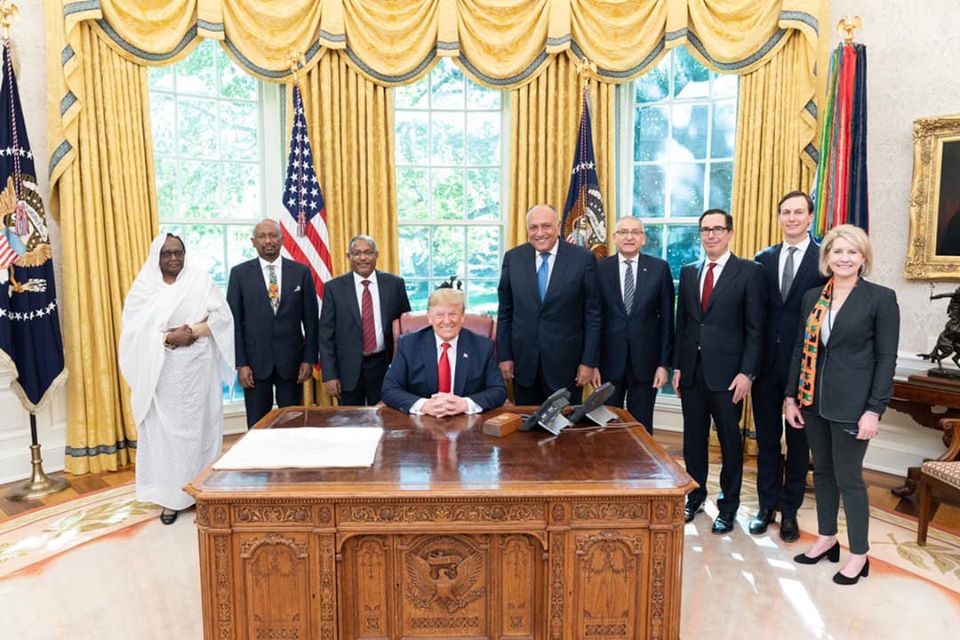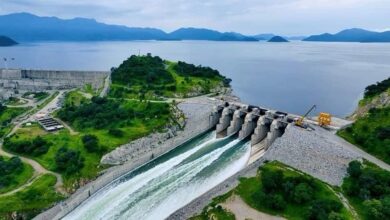High-ranking sources within the Egyptian government say the newly inaugurated Tana Beles dam in Ethiopia has received financing from both the Italian and Ethiopian governments.
Sources added that neither the head of the Nile Water Sector, Abdel Fattah Motawei, nor any of its technical authorities, had information about the Ethiopian dam, which led to their downplaying its importance in a report to Minister of Irrigation and Water Resources Mohamed Nasr Eddin Allam.
Ethiopia plans to build more than 70 dams to for electricity generation during the upcoming ten years, said the sources, who also criticized the Nile Water Sector’s role in embarrassing the minister before the public–in light of the sector’s responsibility for following up on relations between Egypt and Nile basin countries and the impact of water projects in source countries on Egypt–which posed a negotiation dilemma for Eddin’s ministry.
Sources added that Ethiopia had informed Egypt of its intention to carry out a project to generate electricity, included within the projects of the Nile Basin Initiative, all of which Egypt approved over the last two years without making sure of the nature of the different projects or their real goals.
The Tana Beles dam lies on one of the tributaries of the Blue Nile. Its water comes from Lake Tana and its storage capacity reaches seven billion cubic meters and irrigates 250,000 feddans, sources told Al-Masry Al-Youm.
Diaa el-Qousi, former adviser to the irrigation minister, said building dams may affect Egypt’s quota of Nile water, regardless of storage capacity, and added that it’s unacceptable for each of the source countries to work in its own interest only.
El-Qousi also emphasized the importance of joint cooperation between Egypt and Sudan to face such dangers, as well as the necessity of implementing joint projects between the two countries to make use of water losses in the Ghazal basin in order to save 30 billion cubic meters of water, especially in areas such as Gongli, Moshar and Bahr el-Ghazal.
Translated from the Arabic Edition.




